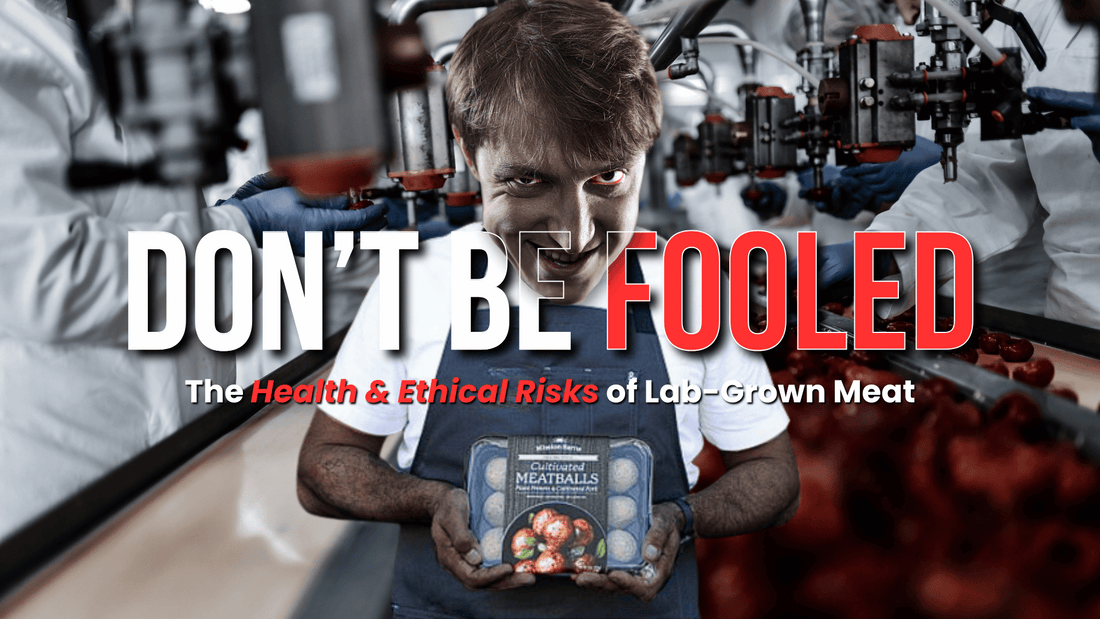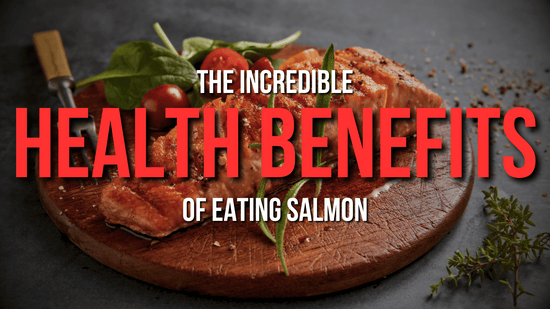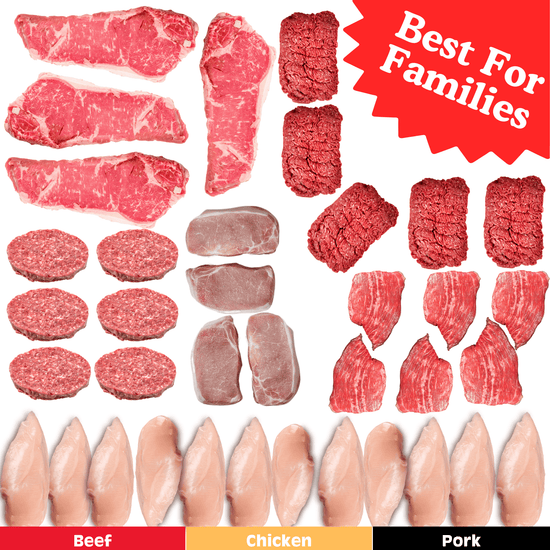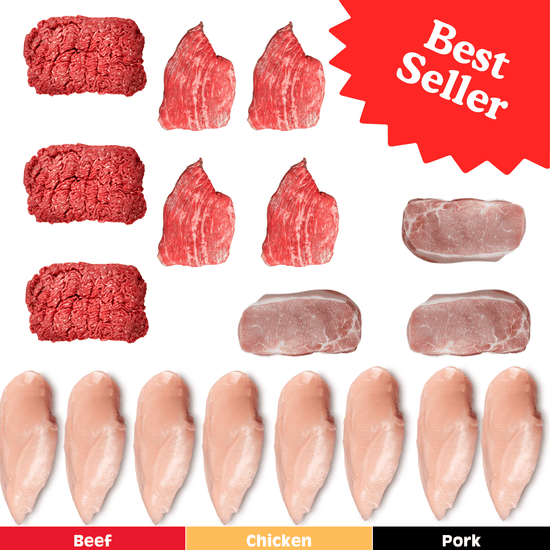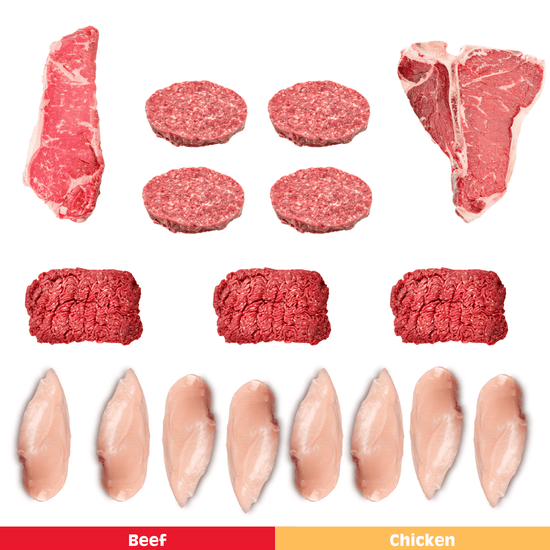Recently, Mission Barns received an FDA “no questions” pre‑market review for its lab-grown pork fat, enabling their pork-fat-amplified products—like meatballs and bacon—to hit restaurants and eventually grocery shelves.
Sounds pioneering, right? But here’s the catch: The FDA’s blessing isn’t the same as long-term safety, nutrition, or environmental sustainability. And that means you should think twice before taking a bite.
Risk #1: Ultra-Processed Frankenstein Food
Lab-grown foods are not just meat in petri dishes—they’re complex engineered products.
They rely on:
-
Cell banks and cell lines harvested in sterile labs
-
Growth media potentially filled with fetal bovine serum, synthetic amino acids, and industrial oils
-
Plastic or algae-based scaffolds, growth factors, antibiotics, and preservatives
This isn’t real food—it’s ultra-processed, with unknown long-term health consequences .
Risk #2: We Don’t Know What We Don’t Know
The FDA's pre-market process focuses on short-term safety. There are no long-term studies examining:
-
Cellular integrity after years of consumption
-
Potential microbial contamination, mutations, or allergen formation thenewswire.com+3Health+3U.S. Food and Drug Administration+3The Guardian+7Center for Food Safety+7U.S. Food and Drug Administration+7
-
Health impacts of cell lines or growth factors that may persist in the final product EcoBlvd+1Wikipedia+1
You’re part of the experiment. Buyers, beware.
Risk #3: Altered Nutrition & Unknown Additives
Mission Barns boasts nutritional equivalence to conventional pork (same fats, vitamins) Health+10U.S. Food and Drug Administration+10CBS News+10.
But:
-
They’ve tweaked fatty acids and vitamins—dialing nutrients up or down
-
They’re skipping collagen, myoglobin, blood—all key for flavor, nutrients, digestion, and iron
These are engineered approximations, not real, whole food. And the health impact is unknown.
False Eco Claims
Lab meat is often marketed as eco-friendly, but that's misleading:
-
Bioreactors are energy-intensive and may rely on fossil fuels The Guardian+3Wikipedia+3San Francisco Chronicle+3
-
Scaling this tech requires massive infrastructure, plastics, and water—akin to big agribusiness The Guardian+1Sentient+1
-
It still hinges on monocrops for feeder molecules
Compare that with cattle on regenerative farms, sequestering carbon, enriching soil, and rebuilding ecosystems.
Real Meat Is Real Nutrition
With streets full of lab meat buzz, never forget what you don’t get:
-
Natural heme iron, Vitamin B12, zinc, creatine, collagen
-
Bioactive fats and nutrients your body recognizes
-
Gut-friendly compounds found in whole meat—not synthesized labs
There’s no nutrient engineering trick that beats nature.
Final Word: Choose Real, Whole Foods
Lab-grown meats might hold promise for future innovation, but they’re not better, cleaner, or safer than traditional meat.
At Dude Food:
-
We never rely on labs—ever.
-
We source from 200+ Midwest family farms raising animals regeneratively.
-
We guarantee no hormones, no bioreactors, no Frankenstein food—just clean, nutrient-dense meat.
Let others eat oil-rig-grown bacon and test tubes. We’ll stick with the real deal.


